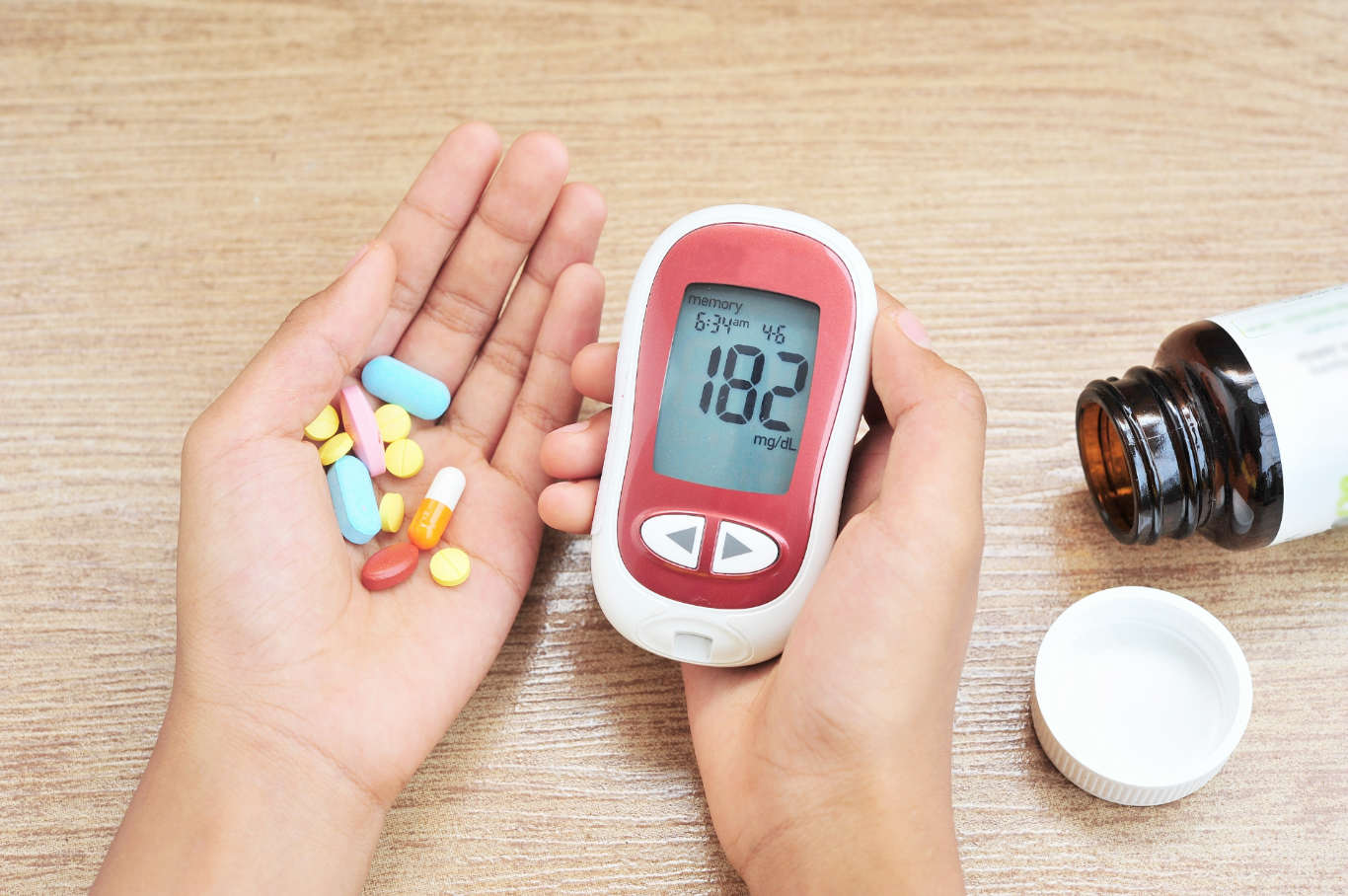We all need energy in our daily lives. Insulin is a hormone that converts sugar and other food into energy. Diabetes is a metabolic unrest in which our body does not produce or correctly use insulin. Insulin maintains the blood glucose level in our bodies. It should be very slight in proportion but diabetes mellitus is a disease in which the blood glucose (sugar) raises high. There are some causes of diabetes, which have been highlighted though the reasons still remain undiscovered.
Types of Diabetes:
- Type 1 Diabetes: This kind of diabetes restricts the body from producing insulin, which helps to release glucose into the body cells. In this disease, the immune system of the body turns against the insulin producing cells and destroys them. Patients in this category should take insulin daily to survive.
- Type 2 Diabetes: This type of diabetes is the most common and it is generally linked with obesity, old age, family history, ethnicity and physical immobility. Due to some unknown reasons, the body fails to utilize the insulin that is produced in the body. Gradually, it stops producing insulin just like the type- 1 diabetes.
- Gestational diabetes: This type of diabetes occurs in women after pregnancy, which can turn into type 2 diabetes in few years time. This is a common syndrome in Hispanic American, American Indian or African American women and those with a family history in diabetes.
Symptoms of diabetes:
Often we ignore its early symptoms but quick medical examination and treatment of diabetes can help in diminishing complications of the disease.
Some of the symptoms are:
- Feeling excessive hungry
- Frequent urination
- Too much of thirst
- Bad temper
- Increased tiredness
- Abnormal weight loss
- Hazy vision
Treatment of Diabetes:
There seems to be no permanent cure for diabetes but we can possibly avoid various diabetes related problems both short and long term. We can control it by regular monitoring of blood glucose, right exercising, proper diet and gradual weight loss (for type 2). Cutting off on smoking, wearing diabetic socks, shoes and drugs to reduce blood pressure can also help. Type 1 treatments include administering NPH insulin, insulin pump or synthetic insulin analogs. Type 1 patients can possibly be relieved of diabetes if kidney-pancreas is transplanted successfully, though they have to be on medication for long.

Diet in diabetes:
A Diabetic patient has to special care of their diet. Carbohydrates in starch form and as complex sugars can be taken, e. g. – pectin, guar, Locust bean gum, oats, peas and beans. Patients of the type 2 diabetes can take proteins that can help them lower blood glucose. One should increase the intake of unsaturated fats than fat.
Some of the diabetes myths:
- Eating a lot of sugar can cause diabetes: Diabetes is caused due to genetic factors and sedentary lifestyle. Being overweight increases the risk of type 2 diabetes.
- Insulin increases weight: It is proved that insulin intake never increases weight rather benefits the patient.
- Diabetic people should eat diabetic food: Even healthy people can follow the dietary plan for the diabetics, which stress on low fat, whole grain foods, fruits and vegetables.
Complications in diabetes:
Diabetes often increases the risk of heart attacks as they suffer from high blood pressure and cholesterol. This can be avoided if proper care is taken to manage diabetes and they can be safeguarded against heart ailments. Eye problems, kidney damage, nerve damage (diabetic neuropathy) are some of the complications.
Preventing complications:
Following your doctor’s instructions is very important. Eating healthy, maintaining the right weight and being physically active are important things that should be followed in diabetes.

